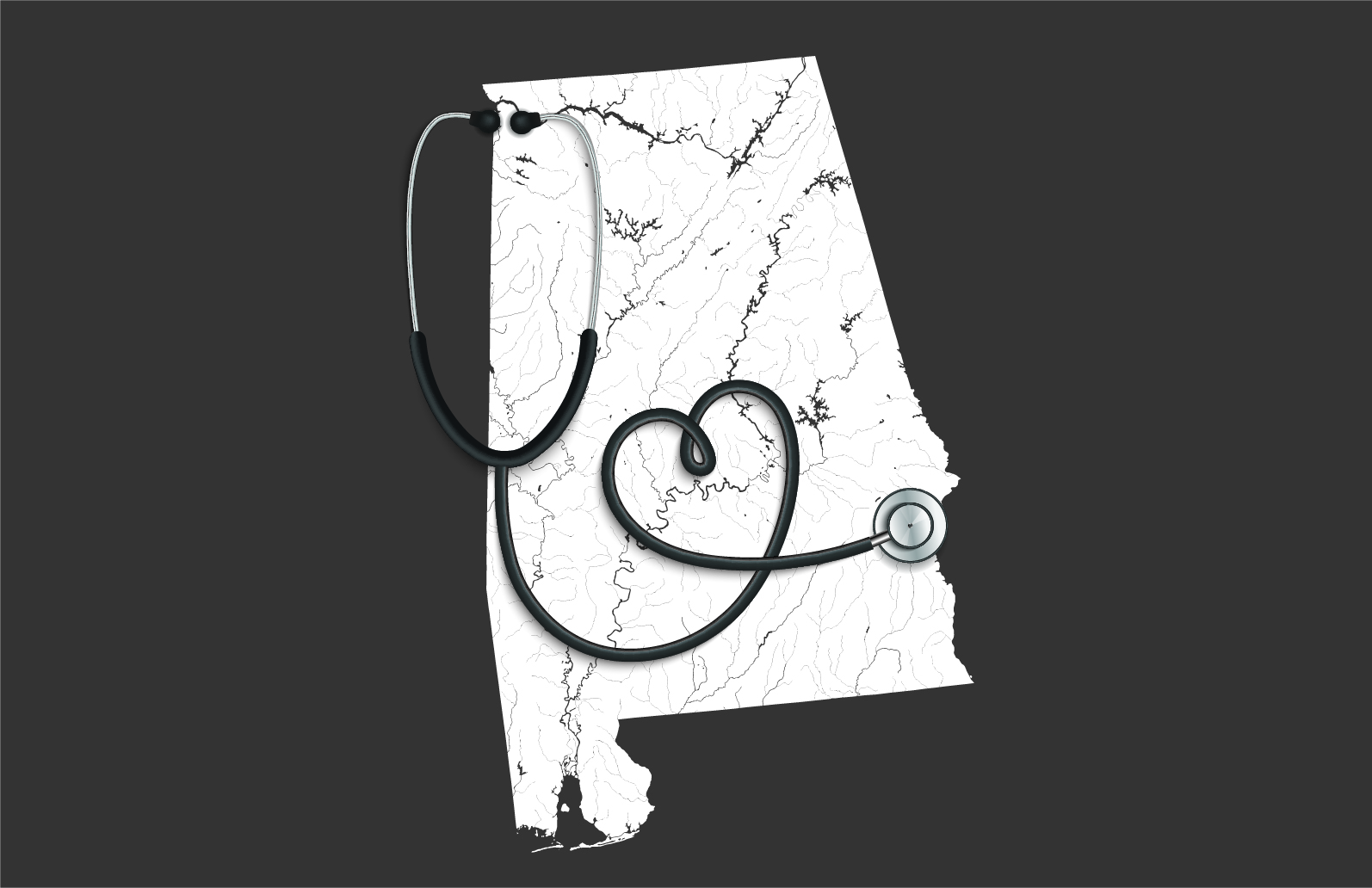Alabama is in line to receive more than $2.47 billion from the CARES (Coronavirus Aid, Relief and Economic Security) Act, according to estimates by the Public Affairs Research Council of Alabama (PARCA).
The CARES Act was signed into law by President Donald Trump on March 27. A supplemental act passed Congress on April 23.
The CARES Act provides $2.3 trillion in funding for individuals, schools, state and local governments and businesses nationwide.
Local governments with populations of at least 500,000 also receive funding through the CARES Act. In Alabama, only Jefferson County meets that population threshold. Jefferson County is expected to receive approximately $114.9 million of Alabama’s allocation, reducing the state government’s share to $1.786 billion.
54 higher education institutions in Alabama should expect approximately $193.5 million in total funding with $96.8 million allocated to student aid. Public institutions are eligible for $167 million–$56.3 for two-year schools and $110.7 million for four-year schools. Private institutions are eligible for $26.5 million.
PARCA’s estimates show that The University of Alabama will receive the largest amount of funding with a total allocation of $20,722,538.
The Alabama State Department of Education (ALSDE) is set to receive $216.9 million, 10 percent of the 2020 ETF budget. At least 90 percent ($195.3) is restricted to local systems. ALSDE can reserve up to 10 percent ($21.7 million) for departmental costs, including $1.084 million for administrative expenses.
School systems appear to have more discretion than state and local governments as to how the funds may be used. Authorizing legislation says systems can spend these funds to:
- coordinate COVID-19 preparedness and response efforts
- address the needs of special populations such as low-income students, students with disabilities, English learners, racial and ethnic minorities, and students experiencing homelessness
- train employees on sanitation and minimizing the spread of infectious diseases
- purchase cleaning and sanitation supplies
- plan and coordinate during long-term closures
- provide meals
- provide technology
- provide mental health services
- sponsor summer learning, including classroom instruction or online learning
- sponsor after-school programs
- address the needs of the individual schools
The Act also allocates $3.5 billion for childcare. The funds can be used to make payments to childcare providers facing declining enrollment or closure, provide childcare assistance to healthcare, emergency response, and sanitation workers, or for other needs.
Exact allocations are not final, but based on guidance provided by the Department of Health and Human Services, Alabama could receive approximately $65.4 million in childcare funding. These funds are administered by the Child Care Services Division of the Alabama Department of Human Resources.
Alabama should expect to receive $59 million to support COVID-19 responses in rural and inter-city transportation programs. This is approximately 300 percent of the total annual federal appropriation for rural and inter-city transportation in Alabama.
Additionally, local governments could receive almost $68.75 million to support COVID-19 responses in local mass transit programs.
The Act also allocates $5 billion for Community Development Block Grants (CDBG) and related programs managed by the U.S. Department of Housing and Urban Development. The Department of Housing and Urban Development has announced $39.9 million in additional funds for Alabama through traditional CDBGs and programs for people who are homeless and for people with HIV/AIDS.


















































